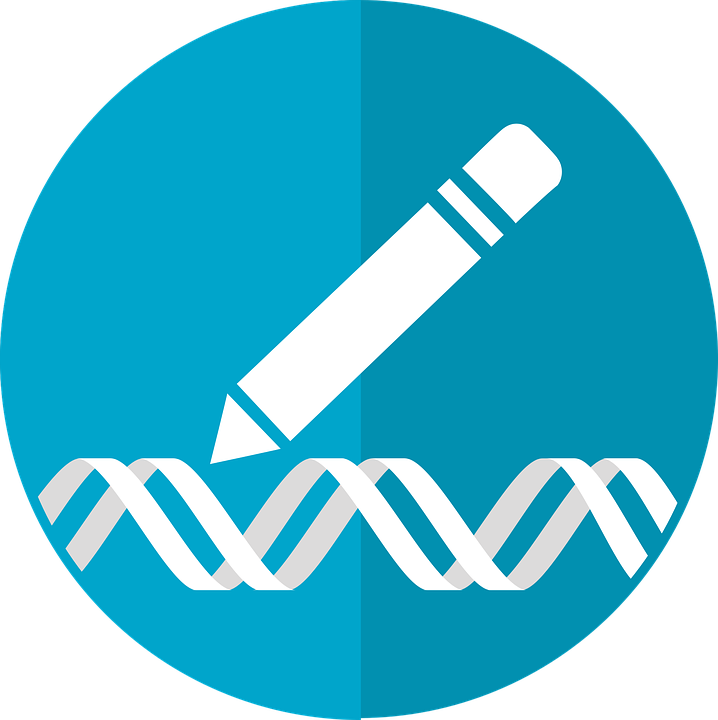Scientists create genetic ‘pen’ that corrects common heart conditions
By Manuel Ansede,
El País
| 01. 15. 2023
The gene editing techniques that have revolutionized medicine since 2016 could also be used to treat common heart diseases, the number one cause of death in humans, according to a study published recently by one of the world’s leading scientists, Eric Olson, from the US. His team was able to modify two letters – or bases – of the approximately 3 billion that make up the DNA of a mouse. This change was enough to silence a protein linked to multiple cardiovascular problems. Olson is cautious, but highlights the potential advantages of this new strategy: since heart cells last a lifetime, it is only a matter of making the change once.
DNA is like a recipe book for making proteins, the minuscule machines that take care of the main tasks in a living being: carrying oxygen through the blood, fighting viruses, digesting food. That manual is written with four letters, repeated millions of times: ATGGCGAGTTGC… each of these letters is the initial of a chemical compound with different amounts of carbon, hydrogen, nitrogen and oxygen: adenine (C₅H₅N₅), cytosine (C₄H₅N₃O)...
Related Articles
By Diaa Hadid and Shweta Desai, NPR | 01.29.2026
MUMBRA, India — The afternoon sun shines on the woman in a commuter-town café, highlighting her almond-shaped eyes and pale skin, a look often sought after by couples who need an egg to have a baby.
"I have good eggs,"...
By George Janes, BioNews | 01.12.2026
A heart attack patient has become the first person to be treated in a clinical trial of an experimental gene therapy, which aims to strengthen blood vessels after coronary bypass surgery.
Coronary artery bypass surgery is performed to treat...
By Staff, ScienceDaily | 01.05.2026
Scientists at UNSW Sydney have developed a new form of CRISPR technology that could make gene therapy safer while also resolving a decades-long debate about how genes are switched off. The research shows that small chemical markers attached to DNA
...
Following a long-standing CGS tradition, we present a selection of our favorite Biopolitical Times posts of the past year.
In 2025, we published up to four posts every month, written by 12 authors (staff, consultants and allies), some in collaboration and one simply credited to CGS.
These titles are presented in chronological order, except for three In Memoriam notices, which follow. Many more posts that are worth your time can be found in the archive. Scroll down and “VIEW...




